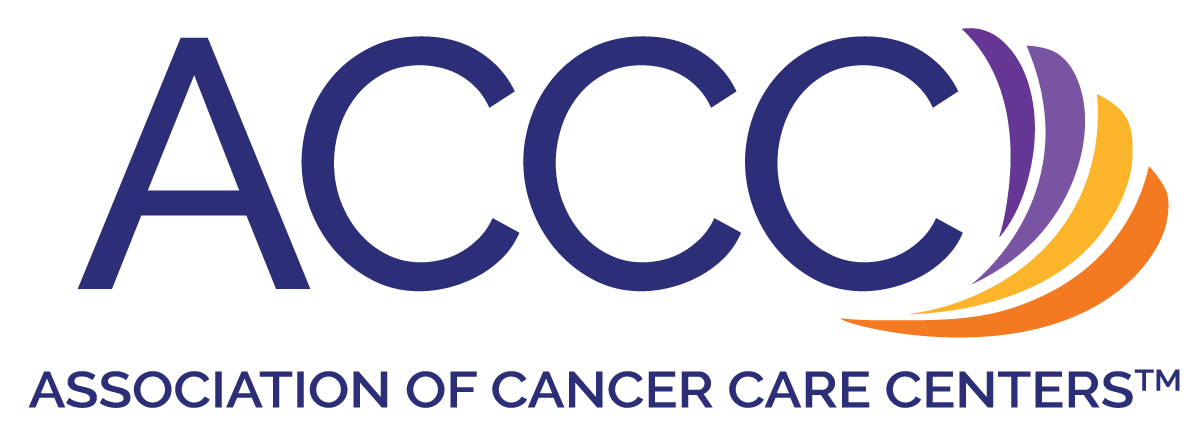
Key Takeaways from ASCO 2019

Ali McBride, PharmD, BCOP, president of the Association of Community Cancer Centers, discusses the key takeaways from the ASCO 2019 meeting and the important information that pharmacists should be aware of during the American Society of Clinical Oncology Annual Meeting in Chicago, IL
Ali McBride, PharmD, BCOP, president of the Association of Community Cancer Centers, discusses the key takeaways from the ASCO 2019 meeting and the important information that pharmacists should be aware of during the American Society of Clinical Oncology Annual Meeting in Chicago, IL
Ali McBride, PharmD, MS, BCOP: Well, there’s a lot of information coming up right now. So, in order to say what pharmacists would like, what the pharmacy professional would be interested in, there’s a number of variables that are here. Right? We’re seeing data, looking at the TAPUR trial, which I think is really interesting, which is one of the ASCO initiatives — first ASCO-initiated trials—looking at moleculartory therapies and how to get those therapies and outcomes with that. So, it’ll be very interesting to see how that kind of develops and what the outcomes are with these molecultaroy therapies based on mutation risk. So, that’ll be very interesting to see our retail, it’s being read out right now, if I’m not mistaken on the other side of the room. So we’re looking forward to those updates as well.
Other areas are typical clinical trial areas are of importance are especially our orals, which are really rising and changing areas as well. Looking at the PARP inhibition as well, we’re seeing a lot of information in regards to Olaparib in regards to this area as well. So, the PARP inhibitors are going to be very important as we’re looking at BRCA mutations and other disease states, like for example pancreatic cancer, as those read out as well. Very interesting to see how the dynamics of mutation markers and actual therapies in the setting will actually be mitigated not just by the actual disease which it was initially discovered in, but the actual mutation marker. So that means that we are no longer looking classical cytotoxic agents, we are looking at molecular dependent therapies. So that’s changing the environment. So, we’re going to see a lot of that especially with the array therapies. I think we’re very exciting about that, and how they’re gonna hit the colorectal areas for treatment. The actual laparo area, the PARP inhibitors and how they’re addressing pan-tumor type based on BRCA testing. So those will be very interesting as well. Also, we’re seeing a lot of discussion on survivorship in addition to that, which is a very unique area, really growing and helping us address cancer patients in terms of survivorship. So how do those also integrate into these areas.
Newsletter
Stay informed on drug updates, treatment guidelines, and pharmacy practice trends—subscribe to Pharmacy Times for weekly clinical insights.


























